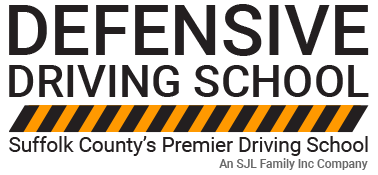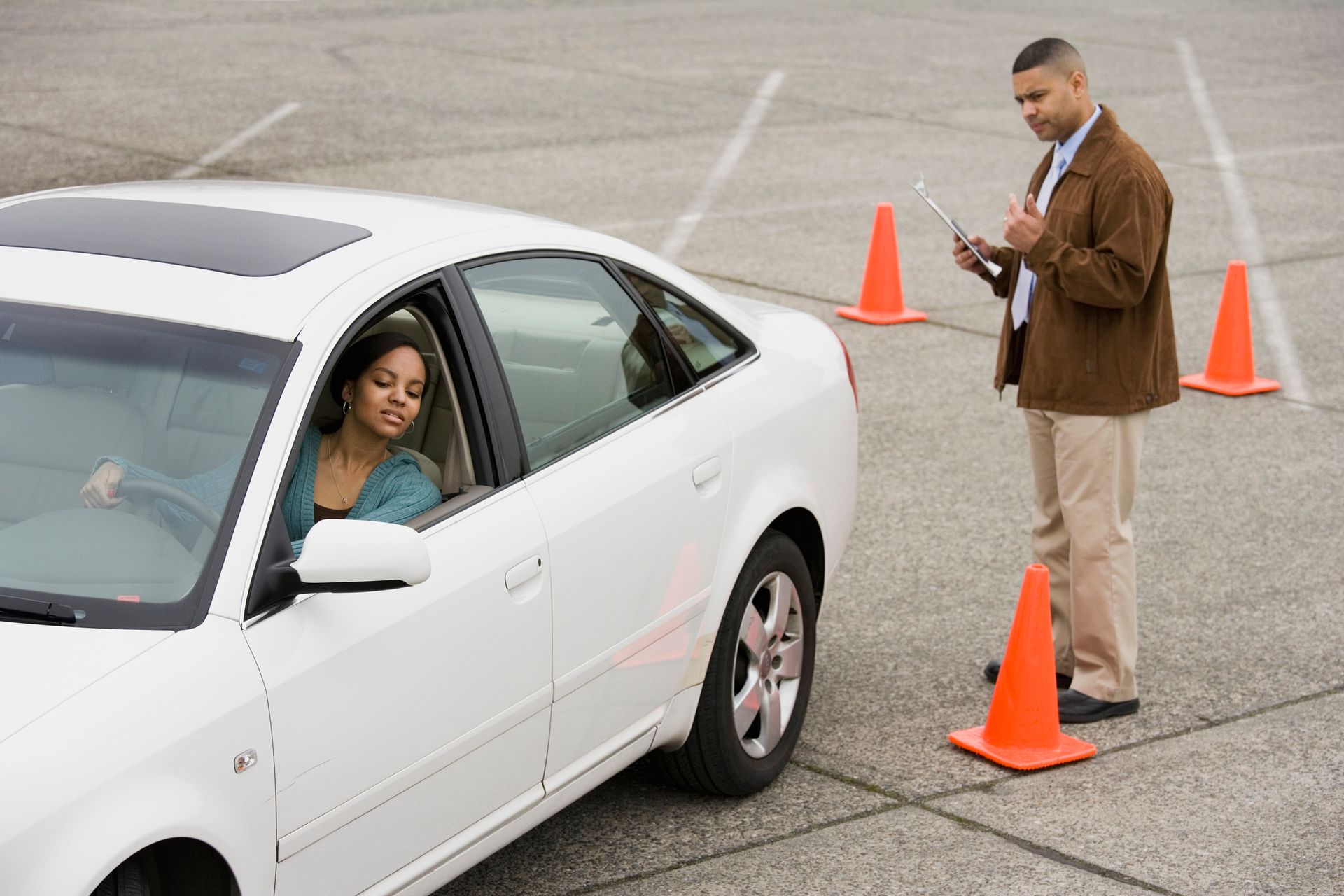Common Mistakes Beginners Make During Driving Classes (and How to Avoid Them)
Learning to drive is an exciting milestone, but it comes with its own set of challenges. Whether you're enrolling in Driving Classes for Beginners or simply hitting the road with a family member, it's crucial to be aware of common mistakes that can hinder your progress. Driving Classes for Beginners are designed to provide a safe and educational environment, but even in the best settings, novice drivers can make errors. By understanding these pitfalls, you can accelerate your learning curve and become a confident driver. So, let’s delve into some of the most frequent mistakes made during Driving Classes for Beginners.
Understanding Common Mistakes
When attending driving, beginners often struggle with the nuances of safe driving. Driving lessons in Suffolk County, emphasize the importance of mirror checks and situational awareness, yet many novices tend to forget these critical steps. Overcorrecting is a prevalent issue, especially when making turns or adjusting after minor steering errors. This can lead to swerving, which is not only dangerous but also unsettling for new drivers. Driving classes for beginners often focus on building confidence to avoid such scenarios. Additionally, poor braking techniques can lead to abrupt stops, increasing the risk of rear-end collisions. Learning the art of smooth braking is essential during Driving Classes for Beginners.
Parking Precision and Signaling Savvy
Parking can be a daunting task for newcomers. Whether parallel parking or maneuvering into tight spaces, beginners often misjudge distances. Driving classes for beginners provide ample practice to hone these skills, yet errors like improper alignment are common. Signaling is another area where novices falter. Clear signaling is vital to communicate intentions to other drivers, but many beginners either forget to signal or do so too late. Driving Classes for Beginners stresses the importance of timely signaling to ensure safety on the road. Incorporating these practices into your routine can significantly improve your driving experience.
Mastering Lane Changes and 3-Point Turns
Lane changes require precise timing and awareness. New drivers often hesitate, leading to missed opportunities or unsafe maneuvers. Driving Classes for Beginners teaches the importance of checking mirrors and blind spots before changing lanes, yet this is an area where many beginners need repeated practice. Similarly, executing a 3-point turn can be challenging, especially in narrow streets. Driving Classes for Beginners offer structured guidance to master this essential maneuver, ensuring that learners can handle complex driving situations with ease.
The Role of Continuous Practice
Practice makes perfect, and this is especially true in driving. Whether you're attending driving lessons in the Suffolk County area, or practicing independently, continuous practice is key to overcoming common mistakes. Repetition helps solidify good habits and reduces the likelihood of errors. Driving classes for beginners provide a controlled environment to practice essential skills, but it's important to extend learning beyond the classroom. Regular practice sessions can help internalize lessons learned during Driving Classes for Beginners.

Staying Calm and Focused
Driving can be stressful, especially for beginners who are navigating unfamiliar roads. Maintaining composure is crucial, as panic can lead to mistakes. Driving Classes for Beginners emphasizes the importance of staying calm and focused, even in challenging situations. Techniques such as deep breathing and positive visualization are taught to help novices remain steady behind the wheel. By cultivating a calm mindset, beginners can better manage their driving tasks and make more informed decisions.
Seeking Feedback and Guidance
Feedback is an invaluable tool for improvement. During driving lessons, instructors provide constructive feedback to help learners identify areas for improvement. Listening to feedback and applying it is essential for growth. Driving Classes for Beginners encourages open communication between students and instructors, fostering an environment where questions and concerns are addressed promptly. Seeking guidance from experienced drivers can also provide insights that enhance learning.
Building Confidence Through Experience
Building confidence is a gradual process that requires patience and persistence. Driving classes for beginners offer a foundation, but real-world experience is equally important. Beginners should seek opportunities to drive in various conditions, such as at nighttime or during inclement weather, to expand their skill set. Driving classes for beginners equip learners with the tools to tackle these challenges, but gaining confidence comes from facing them head-on.
Utilizing Resources for Continuous Learning
The learning journey doesn't end with formal classes. Resources such as online tutorials, driving simulators, and defensive driving courses can complement your driving lessons. Defensive Driving School offers additional courses that focus on safe driving practices and advanced techniques. Engaging with these resources can help beginners refine their skills beyond the basics taught in Driving Classes for Beginners.
Preparing for the Road Ahead
Preparation is key to a successful driving experience. Before hitting the road, beginners should conduct thorough vehicle checks and plan routes to avoid surprises. Driving classes for beginners emphasize preparation as a means to minimize risk and ensure safety. By adopting a proactive approach, novices can anticipate challenges and respond effectively.
Ready to enhance your driving skills and avoid common mistakes? Defensive Driving School is here to help. Our driving classes for beginners and driving lessons in Suffolk County, are tailored to meet your needs and ensure you become a confident driver. Call us today at 631-234-5032 to learn more about our programs. Let us guide you on your journey to safe and skillful driving!





